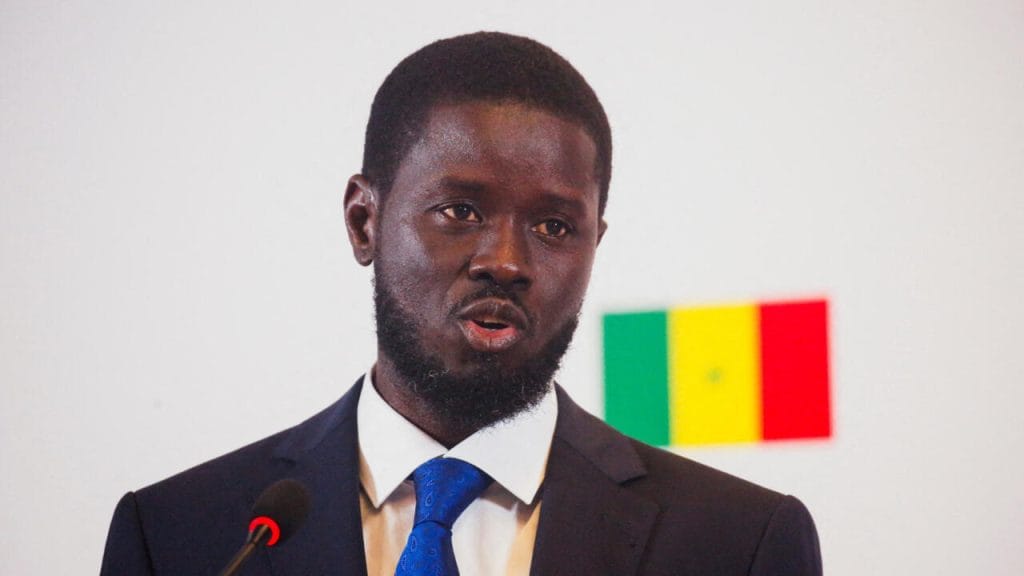An International Monetary Fund (IMF) delegation, led by Edward Gemayel, visited Senegal from March 18 to 26 to evaluate the findings of an audit report released on February 12. The assessment revealed significant discrepancies in the country’s budget records, prompting the IMF to call for immediate reforms to enhance financial transparency and oversight.
According to the IMF, Senegal’s average budget deficit was understated by 5.6 percentage points of GDP, while central government debt surged from 74.4% to 99.7% of GDP by 2023. The audit also uncovered hidden liabilities, including unreported borrowings equivalent to 25.3 percentage points of GDP.
The report highlighted inconsistencies in budget declarations between 2019 and 2023, particularly in deficit and debt reporting. In response, the IMF recommended measures to improve budget supervision and ensure greater transparency in public finances.
Key proposals include reducing tax exemptions and scaling back costly energy subsidies to stabilize Senegal’s fiscal position.
Despite these financial challenges, Senegal’s economy showed resilience in 2024, with GDP growth projected at 6% and inflation remaining low at 0.8%. However, the budget deficit widened to 11.7% of GDP, and government debt increased to 105.7% by the end of the year.



